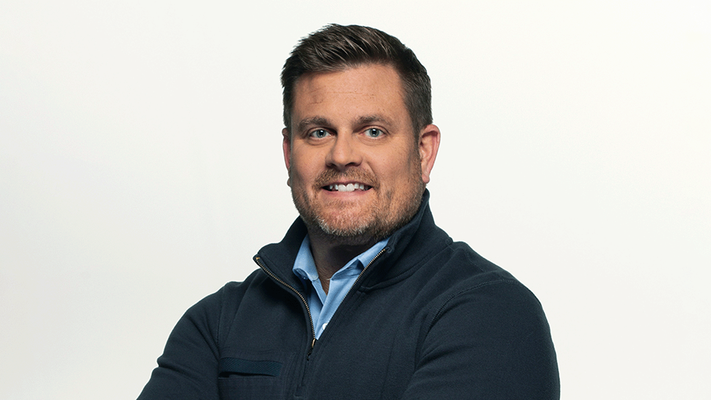
When people consider a profession in healthcare, the first thing that comes to mind is doctors and nurses. As medicine continues to advance, the need for various healthcare specialists has developed. However, these jobs, because they are not on the forefront, are easily overlooked. What are some of these lesser-known healthcare careers?
Medical Dosimetrist
Medical Dosimetrists typically work in a hospital or cancer center as part of a radiation oncology team to help treat cancer patients via radiation therapy. While a radiation oncologist prescribes the course of treatment, a medical dosimetrist will actually calculate the precise dose of radiation to ensure that the tumor is destroyed while sparing the normal tissue. They may also supervise the radiation therapist delivering the treatment, and calibrate machinery as needed.
Registered radiation therapists, or those who have a bachelor’s degree with physical science pre-requisites can apply to a Medical Dosimetry JRCERT accredited program which will last from 12 to 24 months. Upon completion, they then apply to earn a Certified Medical Dosimetrist (CMD) designation from the Medical Dosimetrist Certification Board (MDCB).
Dosimetrists usually work a 40-hour week, and earn an average salary of $115,209 per annum.
Cardiovascular Perfusionist
Perfusionists operate the heart-lung machine that pumps the patient’s blood while the heart is stopped for surgery. Perfusionists assist surgeons with open heart surgery. They also participate in organ transplants, certain vascular surgeries, and specialized chemotherapy procedures.
A four-year bachelor’s degree is required to enroll in an accredited perfusion program, which typically involves two years of classroom-based studies with hands-on clinical training. Perfusionists typically make an annual salary of about $70,000 to $135,000.
Pharmacologist
Pharmacologists obtain the same doctorate-level degree as pharmacists (Pharm.D. which stands for Doctor of Pharmacy) but rather than dispense drugs to patients, they research and test medications and chemical compounds for the development of drug therapies, and the prevention of drug interventions. They also study the potential side effects of various drugs.
Pharmacologists can work for pharmaceutical manufacturers on the industry/commercial side of the field. Alternatively, they can work for a university, teaching or researching.
Pharmacologists earn an average of $87,830 per year.
Orthotist and Prosthetic Technicians
Orthotists design and create artificial limbs for patients who have had an amputation. This loss of limb could have been due to an accident, disease or genetic condition. They use computers and specialized technology to create artificial limbs.
Prosthetic Technicians assist Orthotists to repair limbs and also test limbs to ensure they function properly.
A master’s degree is required to work as an Orthotist while Prosthetic Technicians often have an associate’s degree.
The average annual salary for an Orthotist is $78,618 while that for a Prosthetic technician is $42,941 per year.
Dental Technician
A Dental Technician works behind the scenes, and is never seen by patients. This is the professional in a dental lab that makes the crowns, bridges, and caps for patients’ teeth. Dental Technicians construct custom-made restorative and dental appliances.
A Certified Dental Technician (CDT) must pass an exam administered by the National Board for Certification in Dental Laboratory Technology. A prerequisite to taking the exam is completion of an accredited dental laboratory technology program, and two years of professional experience, or training on the job after five years of work experience as a dental lab technician.
The average pay for a Dental Technician is $44,687 per year.
Choosing a career is a major decision that requires thought and planning. Not only are the number of healthcare jobs expected to increase, but advances in medical technology have created many career options that can suit a variety of skill sets. There are many rewarding medical careers that have been overlooked, that offer job satisfaction, competitive salaries, and allow for quality of life perks such as work/life balance.
Explore your choices and build your career around what you love.







 © 2025 Mashup Media, LLC, a Formedics Property. All Rights Reserved.
© 2025 Mashup Media, LLC, a Formedics Property. All Rights Reserved.